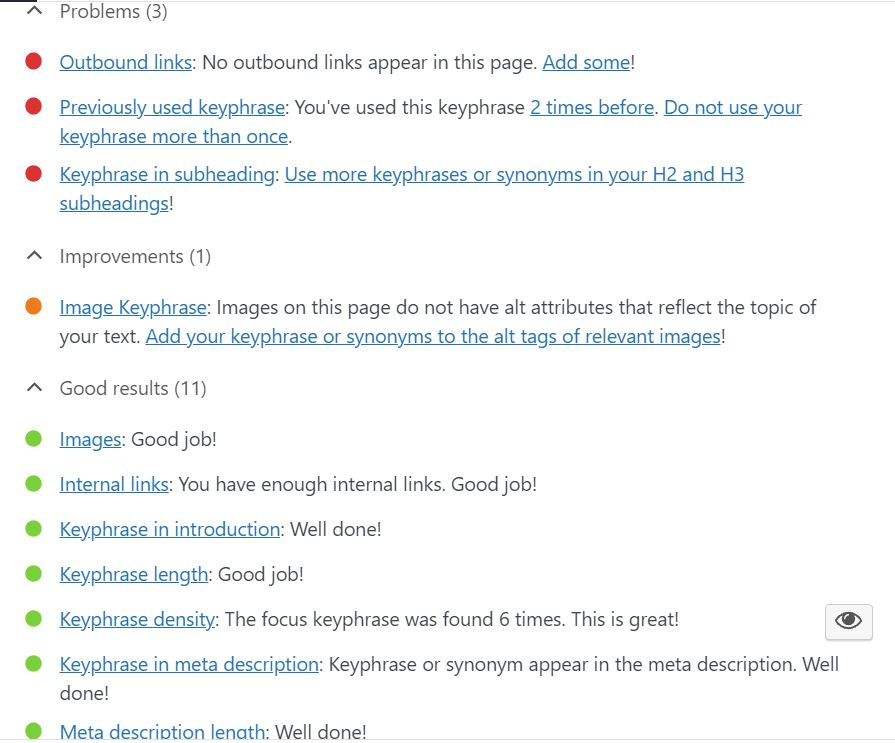It’s no secret that it takes a small army of techniques to finesse the art of SEO. Google uses over 200 ranking factors in its algorithm, but it’s a little cagey when it comes to revealing them.
We at Wordly have spent years in the depths of the deep web – coding, copywriting and optimising our way up the Search Engine Results Pages (SERPs). Along the way we’ve managed to pin down some of the best kept SEO secrets worth sharing.
Truth is, some of these techniques might only boost your ranking a smidge. But those little one- and two-per-cent-ers across the board will add up, giving you a unique leg-up on your oblivious competitors. Afterall, in an incredibly saturated web environment, every little bit counts.
It’s time to cut the gatekeeping and spill some of our top SEO secrets.

Keyword Load Images
Images are a big ‘yes’ in terms of diversifying your content offering. Plus, they make your pages a little more digestible for the reader.
But how is Google supposed to evaluate your content’s relevancy from a bunch of pixels?
If you’re using images on your website – which you should – you need to make sure their file names are descriptive and take advantage of the alternate text function.
Let’s say you’re a dog grooming company uploading a blog on how to wash your dog, and you include an image of a pooch mid-scrub. The file name and alt tags should be highly descriptive, making use of relevant keywords where possible.
For example: dog-groomer-cleaning-dog-wash-at-home.
This allows Google and other search engines to identify what the picture is. The more relevant it is to the search query, the more likely your website will rank.
Target specific audiences with longtail keywords
A struggle many small businesses face in content marketing is the sheer level of competition they’re up against. It’s no mystery why a small town sportswear store might be struggling to rank for the keyword ‘sports shoes’. The big dogs at Nike and Rebel Sport basically have those top SERP spots in a stronghold.
That doesn’t mean it’s time to throw in the towel.
Rather than targeting broad keywords that promise mega search traffic (fat-head keywords), you’re better off leaning into the highly niche keywords that sit at the tail end of the search volume curve.
Consequently, these keywords are referred to as long-tail keywords, and are an untapped gem in the marketing sphere. They bring less overall traffic to your website, but far more qualified leads.
Afterall, our smalltown sportswear store is unlikely to benefit from the click of someone across the country seeking ‘sports shoes’ deliverable the next day. But by homing in on the intent with niche terms such as ‘red sports shoes for women [town name]’, you’re more likely to corner a local buyer with their credit card at the ready.
Optimise your Meta description
Meta descriptions fell off most digital marketers’ radars years ago when Google declared it was no longer used as a ranking factor. But this produced a glaring oversight in the purpose of the meta description to users, not bots.
The meta description is the little snippet that appears under a search result on the SERP. It can be make or break in a user’s decision to click on your content. This clickthrough rate feeds back into your ranking, making it kind of crucial to SEO.
Here’s an SEO secret for you – Google is a control freak when it comes to meta descriptions.
In fact, it will go ahead and re-write your description if it’s not happy with it. This could be because your description is not relevant to your content, it’s too long, it’s too short, or Google just likes another snippet from your content more.
There’s a secret to ensuring Google leaves your snippet intact, and it involves going into the belly of the beast. The trick is to Google the keyword you’re trying to rank for and take a look at the meta descriptions of the top three results. The idea is to mirror this formula, making use of the same bolded words, while keeping it relevant to your content and bellow 156 characters.
Use SEO plugins
The SEO secret that no digital pro will fess up to… They all rely on handy plugins to do their job for them.
Kind of.
Most website hosting platforms will have their own add-ons that simplify the art of SEO. For instance, YOAST SEO is the famed WordPress plugin that has five million active installations and has been downloaded more than 350 million times
It’s simple to use, integrates seamlessly with your website editor, and will provide basic guidance on how to optimise your content. It’ll provide SEO analysis and readability scores for each page to ensure you meet the highest technical SEO standard.

The best part is that it’s free!
Want access to our most guarded SEO secrets? Why not get in touch and find out how our trove of SEO hacks could elevate your website ranking?



